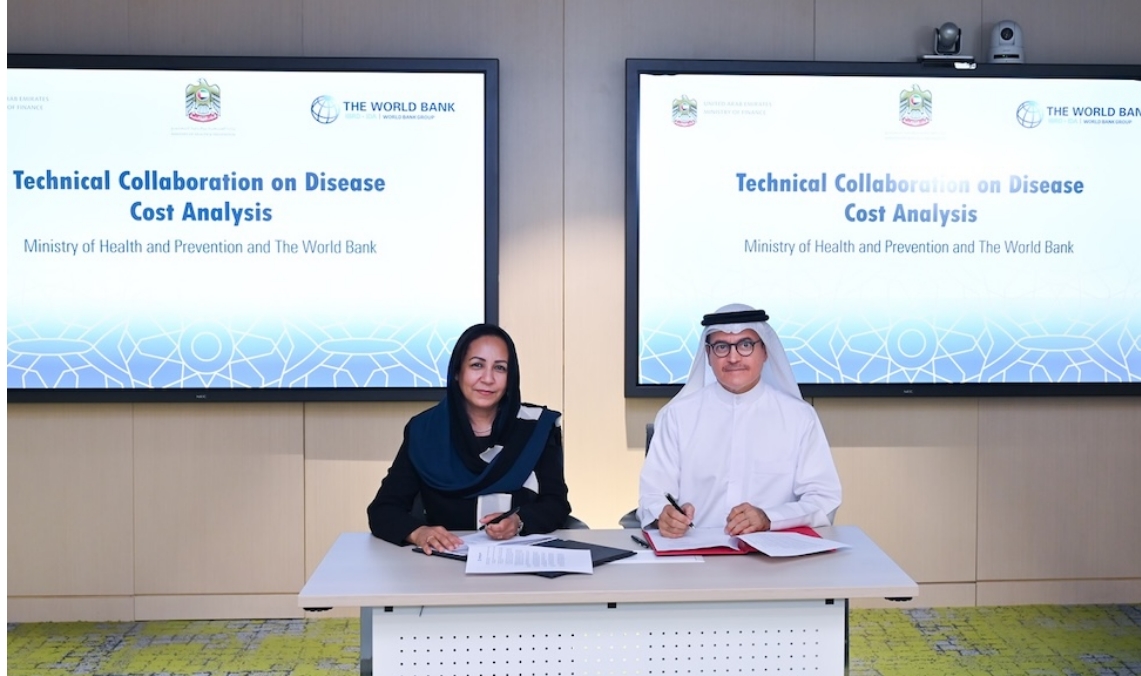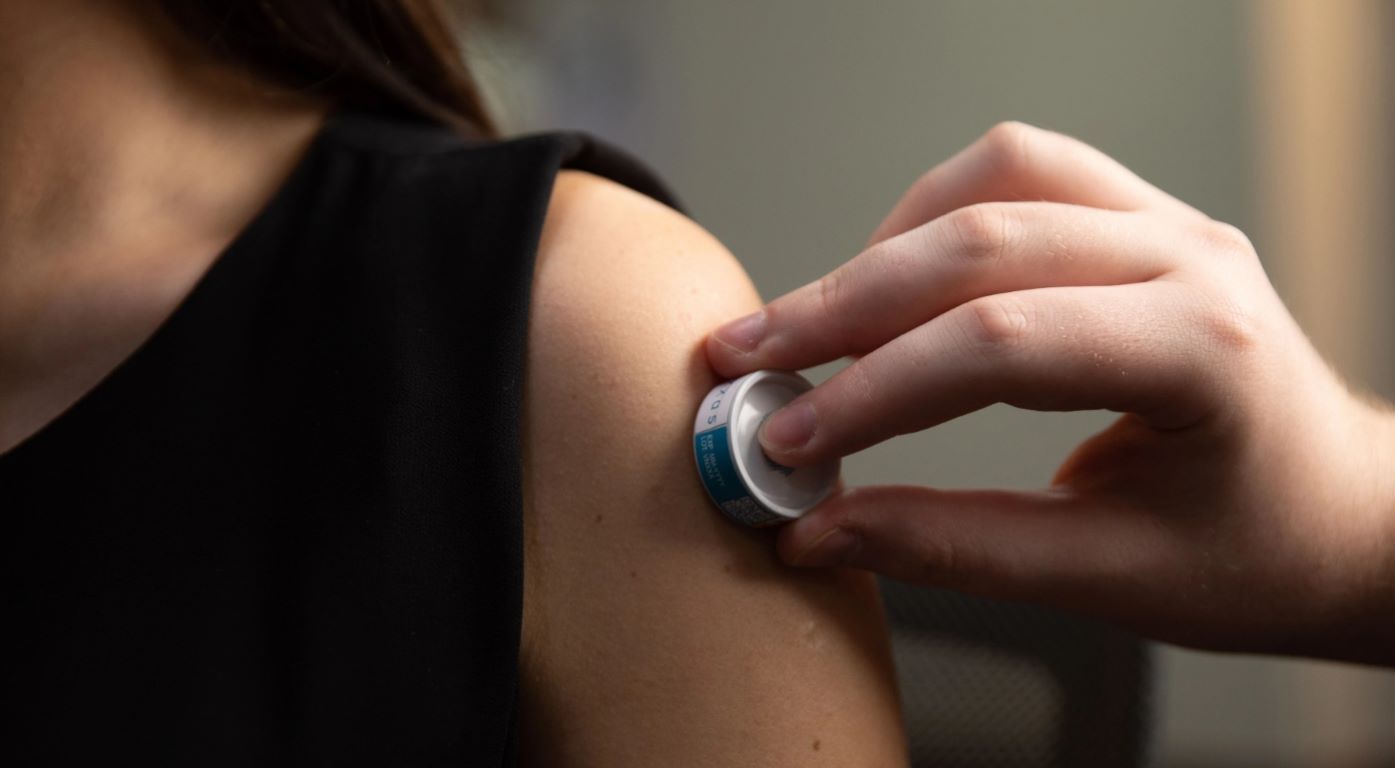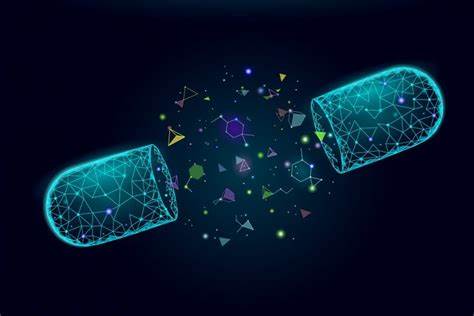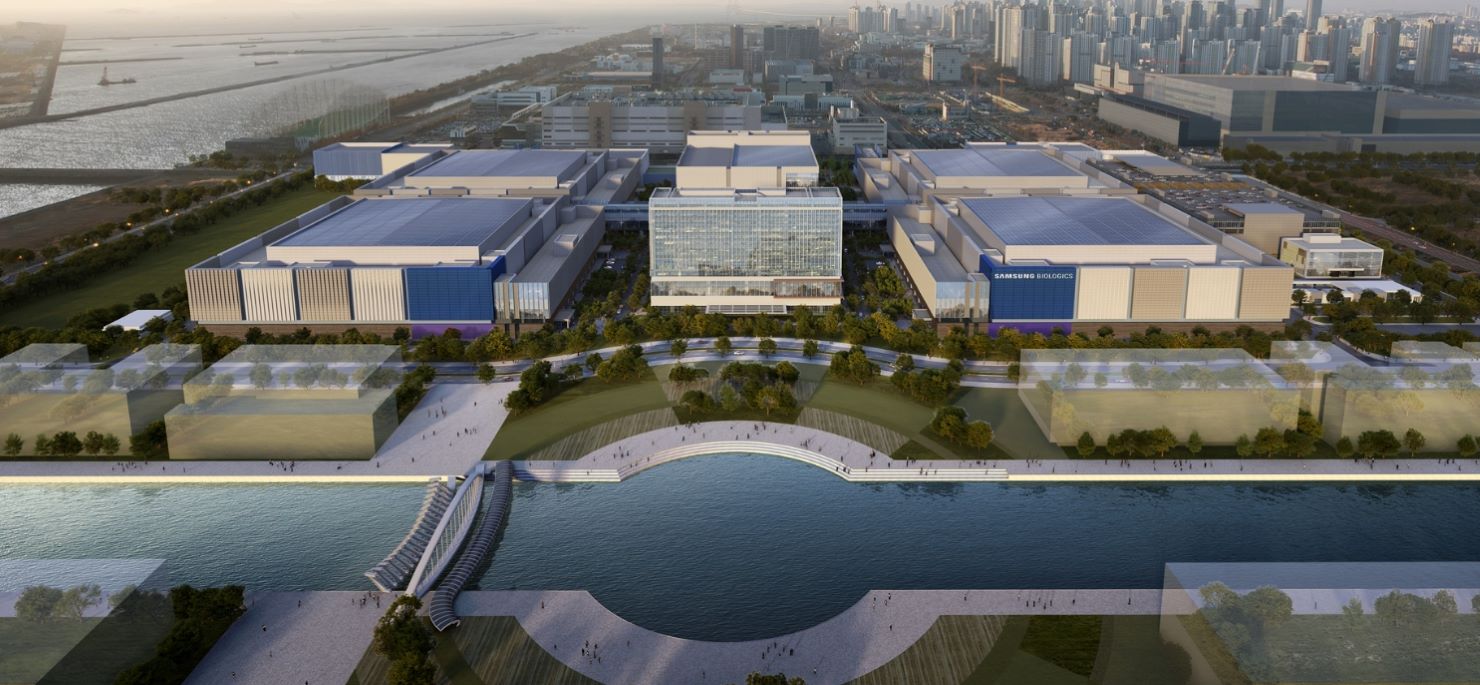Japan studies inhibitory effect of hydroxy radicals on coronavirus
20 August 2020 | News
Panasonic has been researching this technology for the past 20 years

Image credit- shutterstock.com
Panasonic Corporation has announced that it, in partnership with Mayo Yasugi, Associate Professor, Department of Veterinary Medicine, Graduate School of Life and Environmental Sciences, Osaka Prefecture University, has been developing the inhibitory effect of the hydroxyl radicals in water (electrostatically atomized nano-sized water particle) has been verified for the novel coronavirus (SARS-CoV-2).
Hydroxyl radicals in water are particle ions containing hydroxyl radicals generated by applying a high voltage to moisture in the air. They are characterized by a strong oxidative and very reactive effect.
Panasonic has been researching this technology for the past 20 years since 1997 and verifying its effectiveness in several areas, including inhibiting pathogenic microorganisms (bacteria, fungi and viruses) and allergens, breaking down PM2.5 components that cause adverse have effects on the human body.
The new coronavirus (SARS-CoV-2) of the current global pandemic is such a new type of virus. Tests at Osaka Prefecture University have now confirmed that the hydroxyl radicals in water indeed have an inhibitory effect on this virus. These tests were conducted in a closed laboratory environment and were not intended to assess their effectiveness in uncontrolled living areas.
Panasonic will continue to explore the potential of 'Hydroxyl radicals in water' technology to address potential risks related to air pollution, such as new pathogenic microorganisms, with the goal of creating healthy environments for people around the world.











